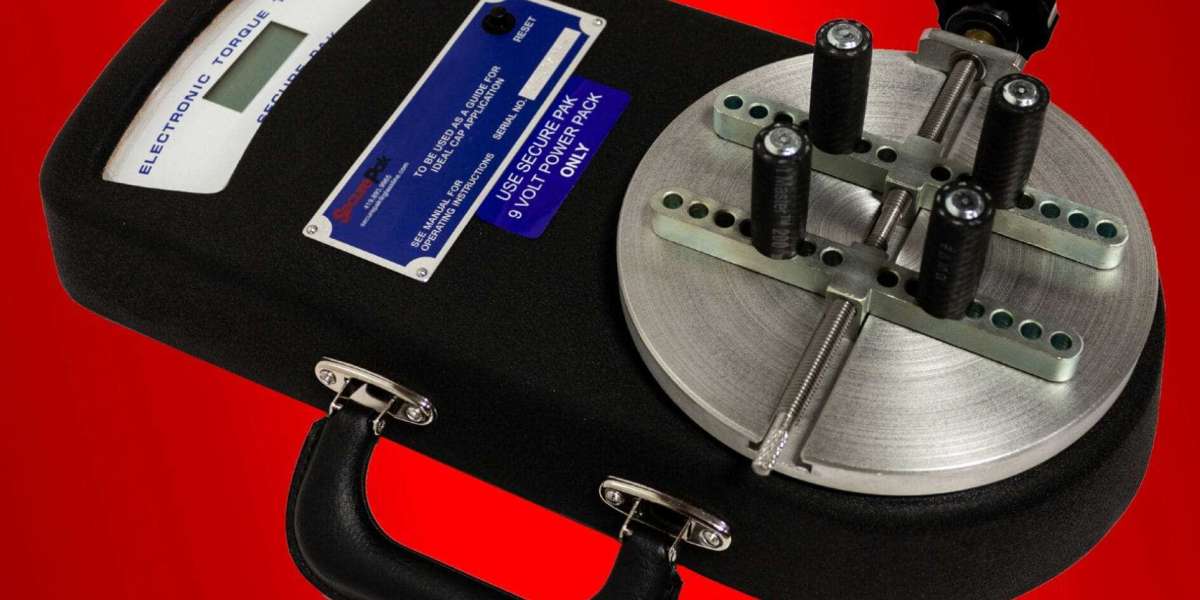In the intricate world of manufacturing, precision and reliability are paramount. From assembling small electronic components to constructing complex machinery, the torque applied to fasteners plays a pivotal role in ensuring the integrity of the final product. Enter the unsung hero of manufacturing quality control – the torque tester. In this blog, we unravel the significance of torque testing and how torque testers are indispensable in maintaining the highest standards of quality in the manufacturing process.
- Understanding Torque Testing: A Foundation for Quality Assurance
At its core, torque testing involves measuring the rotational force applied to a fastener, such as screws, bolts, or nuts. This critical process is instrumental in guaranteeing that these fasteners are tightened to the specified torque values. Torque testers are the specialized instruments designed to carry out these measurements accurately and reliably. They provide manufacturers with the means to assess and control the torque applied during assembly, a fundamental aspect of ensuring product reliability.
- Precision in Production: How Torque Testers Enhance Quality Assurance
In manufacturing, consistency is key. Torque testers act as guardians of consistency by verifying that every fastener is tightened with precision, eliminating the risk of under-tightening or over-tightening. This not only ensures the structural integrity of the product but also contributes to its overall performance and reliability. By incorporating torque testers into quality control processes, manufacturers can significantly reduce the likelihood of defects and malfunctions in the finished goods.
- Compliance with Standards: Torque Testing for Regulatory Adherence
Various industries, from automotive to aerospace and electronics, are governed by stringent quality standards and regulations. Torque testing is not only a best practice but often a mandatory requirement for compliance. Torque testers allow manufacturers to demonstrate adherence to industry standards, providing a documented record of torque values and quality control processes. This, in turn, safeguards the manufacturer against potential legal and reputational risks.
- Prevention of Product Failures: Torque Testing as a Proactive Measure
Product failures due to improperly tightened fasteners can have severe consequences, ranging from safety hazards to costly recalls. Torque testing serves as a proactive measure to identify and rectify potential issues before they escalate. By implementing regular torque testing protocols, manufacturers can identify deviations from specified torque values early in the production process, preventing defective products from reaching the market.
- Efficiency and Cost Savings: Torque Testing for Streamlined Operations
Beyond ensuring quality, torque testing contributes to operational efficiency. By streamlining the torque verification process, manufacturers can reduce the need for rework and minimize production delays. This not only enhances overall productivity but also translates into tangible cost savings. Torque testers, with their ability to provide quick and accurate torque measurements, empower manufacturers to optimize their assembly processes.
In conclusion, the humble torque tester emerges as a linchpin in the realm of manufacturing quality control. Its ability to ensure precision, maintain consistency, and contribute to compliance with industry standards makes it an indispensable tool for manufacturers across various sectors. As the manufacturing landscape continues to evolve, the importance of torque testing, facilitated by advanced torque testers, remains steadfast in upholding the highest standards of product quality and reliability.








